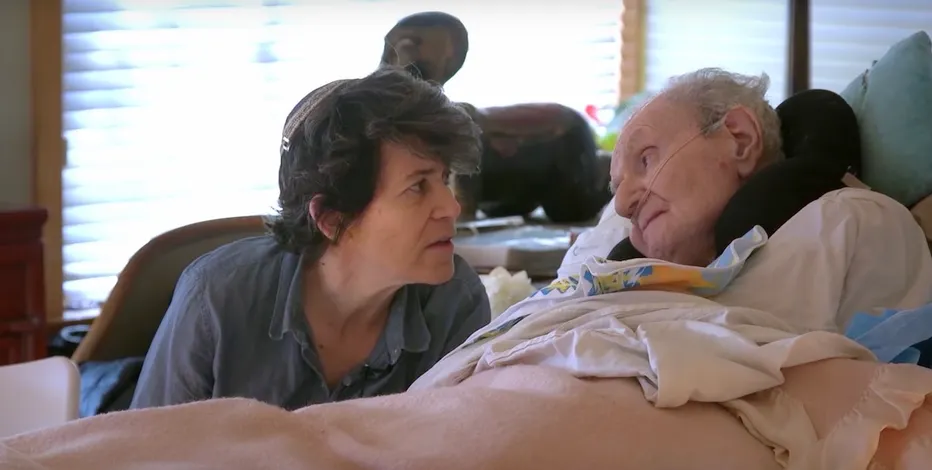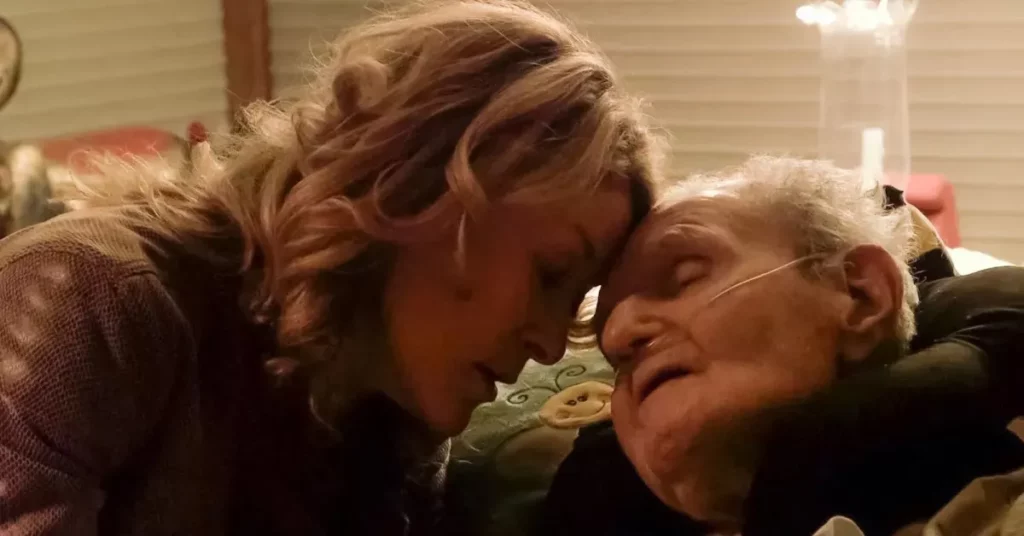Last Flight Home beginnings toward the end, prior to returning to the start. The principal things we hear are a discussion between a dad and his girl: the grown-up youngster persistently tuning in, the dad’s voice not entirely settled. “We will end it today?” he argues. It’s striking the way that unpolished he is. This is Eli Timoner, and when we meet him, he is weak and bed-bound, his personal satisfaction plunging after various medical problems, including innate cardiovascular breakdown.

Producer Ondi Timoner (overseer of the honor winning music narrative Dig!) acquaints her dad with us at his most reduced ebb, prior to standing out from a representation of how dynamic and effective he was in his previous years: Eli was once a sweet talking, high-flying business visionary who spearheaded minimal expense carriers and fraternized with legislators and famous people.

A back rub injury prompted a stroke, incapacity, and a sluggish decay, and it’s at the finish of his life that we get to know Eli, depleted by the weight of living. He decides to utilize California’s Finish of Life Choice Demonstration, which legitimately considers clinical guide in kicking the bucket, with specialist’s endorsement. It isn’t, as one carer cautiously notices, ‘helped self destruction’, however basically the option to end your life — to end things in an others conscious and noble way, according to your own preferences.

There is a more political film to be made about the issue, however Ondi Timoner lets her remarkable home-film esque film do the vast majority of the talking, guaranteeing a variety of cameras are there to record each step of the cycle across the last 14 days of Eli’s life, a ticking clock giving us the commencement in intertitles. There’s a striking thing about the lowering mundanities of this cycle, as a little multitude of medical caretakers and carers watch out for all Eli’s requirements, from coddling to shaving to wipe washing, while his better half, youngsters and grandkids dab about, it is agreeable and wanted to guarantee he. It is a profoundly close representation of an individual at their generally powerless.

Eli, as far as it matters for him, looks drained and discouraged, sluggish from prescription and fretful to polish things off — “I realize I’m a weight,” he says at one point — however stills holds coals of humor and flash. He is continually making arrangements, blusters about the governmental issues of the time, and transparently calls for Donald Trump’s balls to be full down his throat. He gets noticeably close to home when a motorcade of relatives and well-wishers say their farewells, face to face and on Zoom. It’s an inquisitively efficient demise; not many of us get to pick how we go, yet Eli presents a decent defense for reliable preparation.

It’s intriguing to see such an incredible overflow of straightforward, unequivocal love communicated on screen all things considered here. There is something about the conclusion of death, and the conviction of a proper date, that appears to concentrate the psyche and hone the expectation. It unavoidably makes for an unbelievably strong and moving experience — never more so than in the horrendously tense last scenes, where Eli should drink a destructive recipe, something he battles to do in his fragility. The snapshot of passing, and the quietness that follows, is dazzling. On account of Ondi Timoner’s cozy filmmaking, we feel like we’re there. What an honor to be permitted in the room.

Leave a Reply